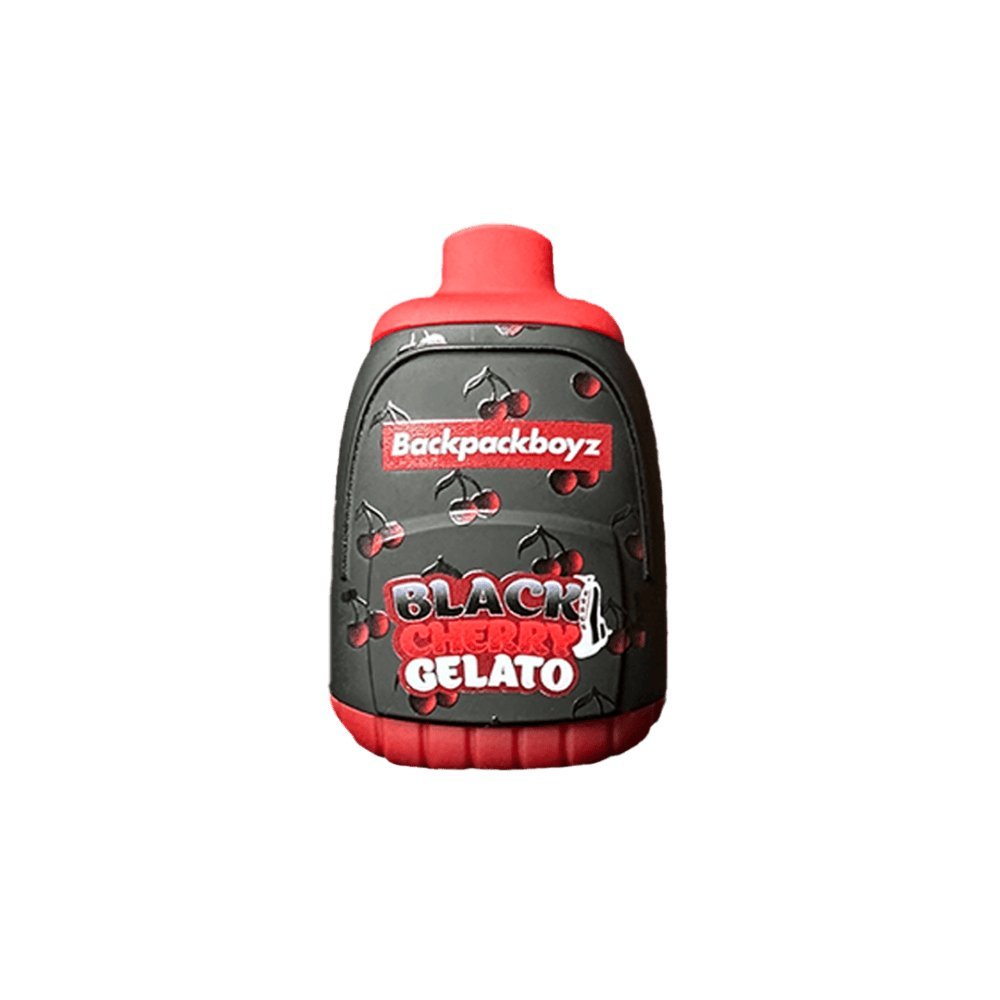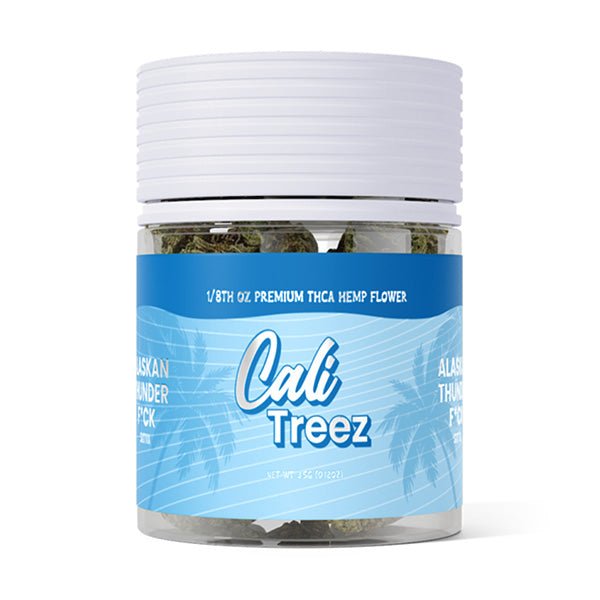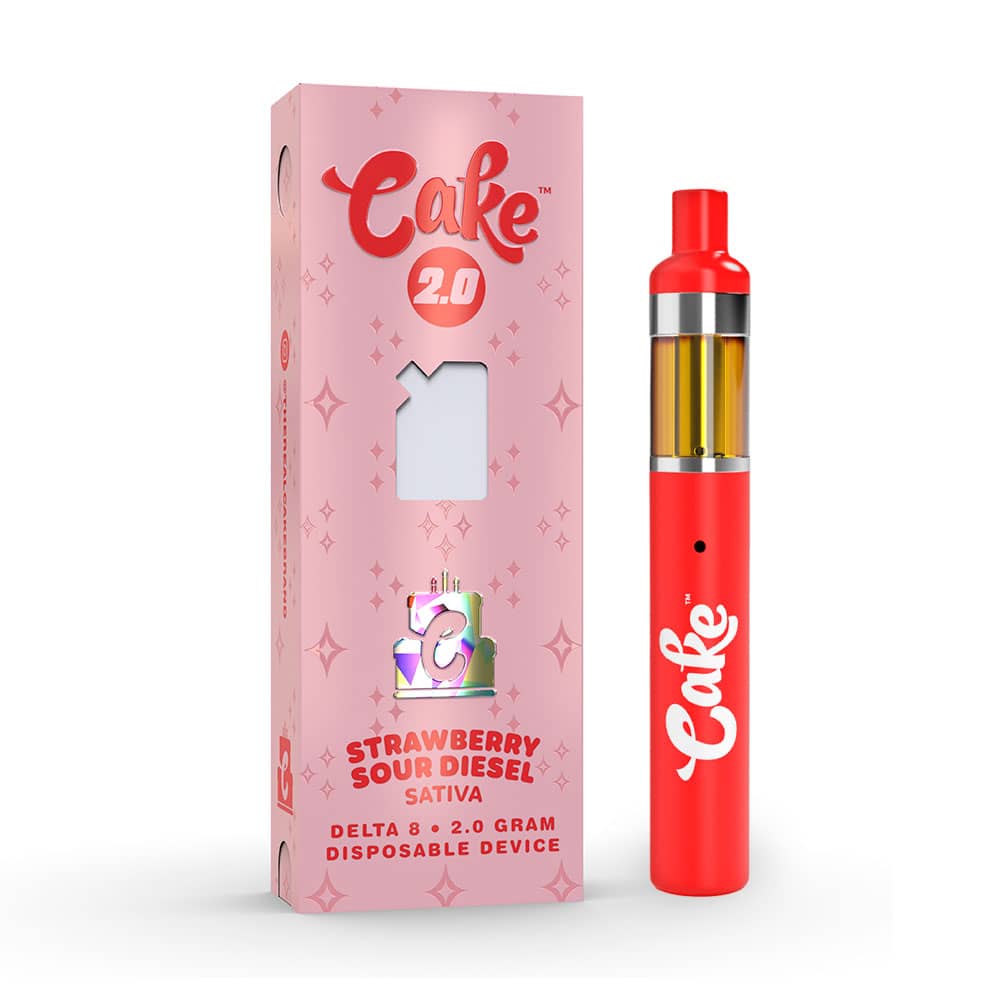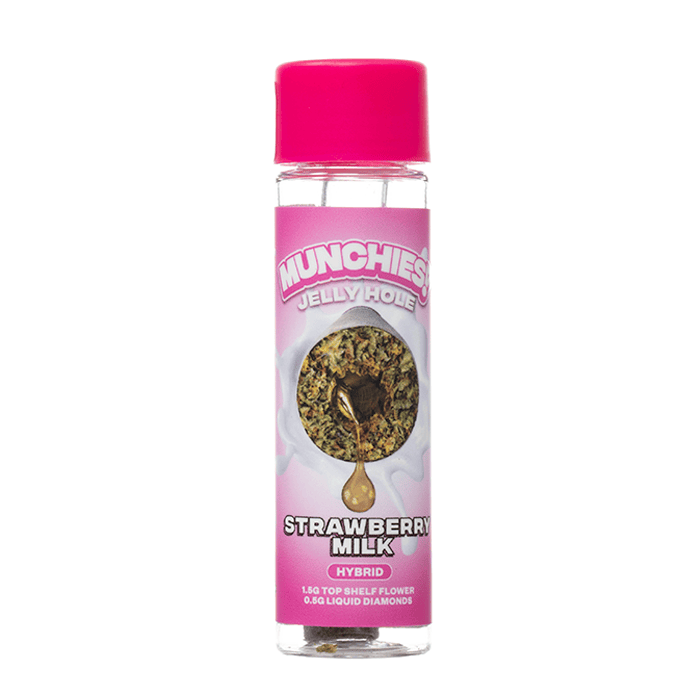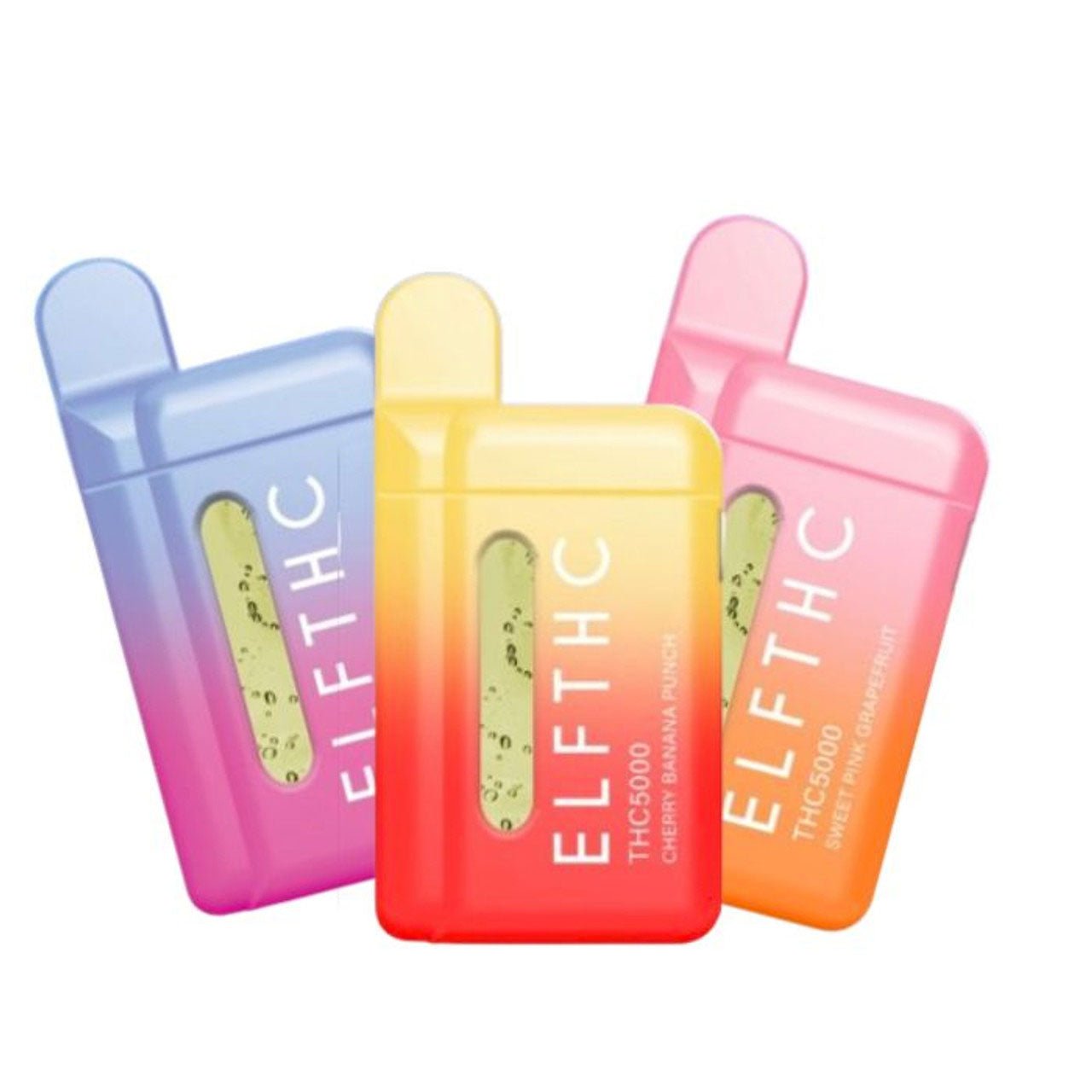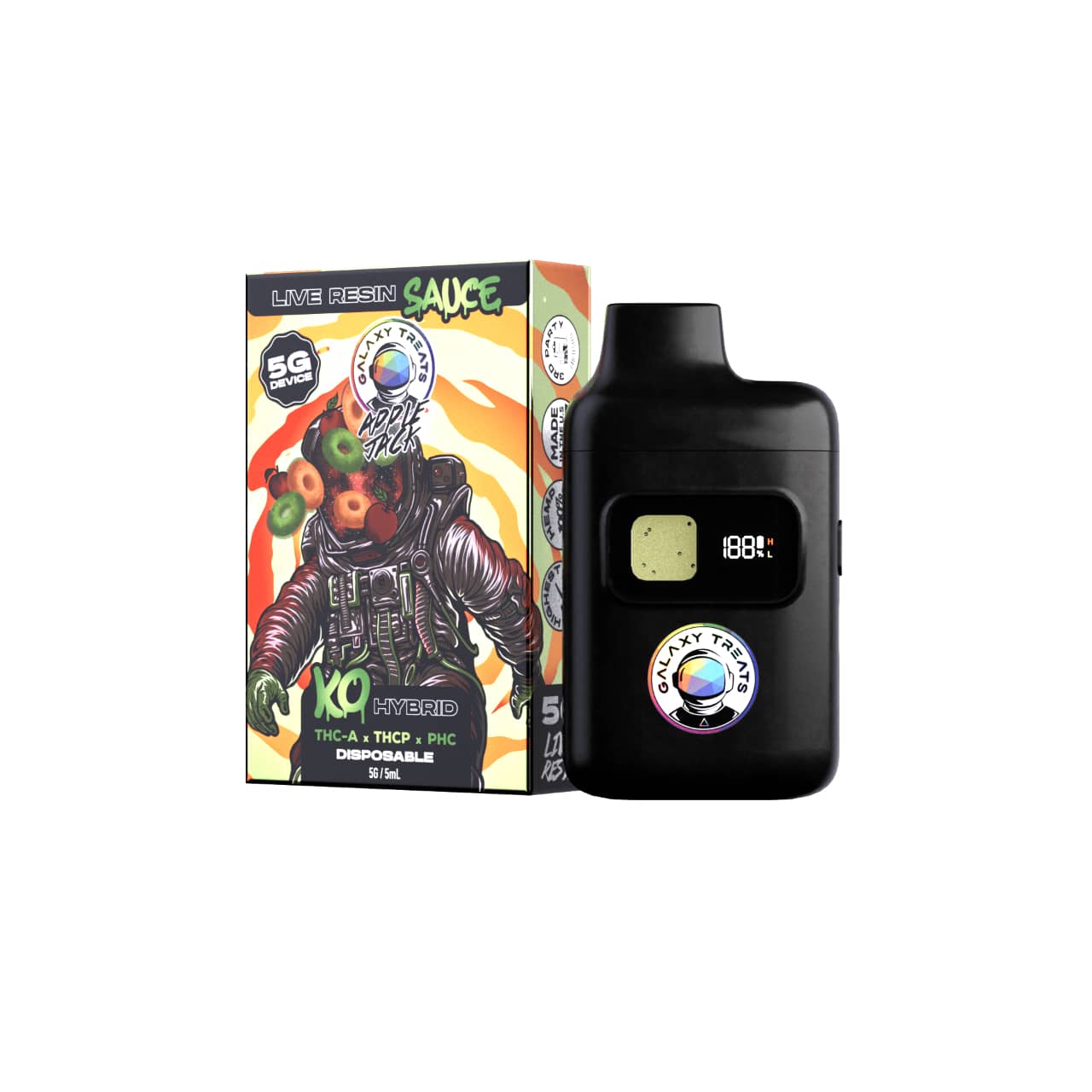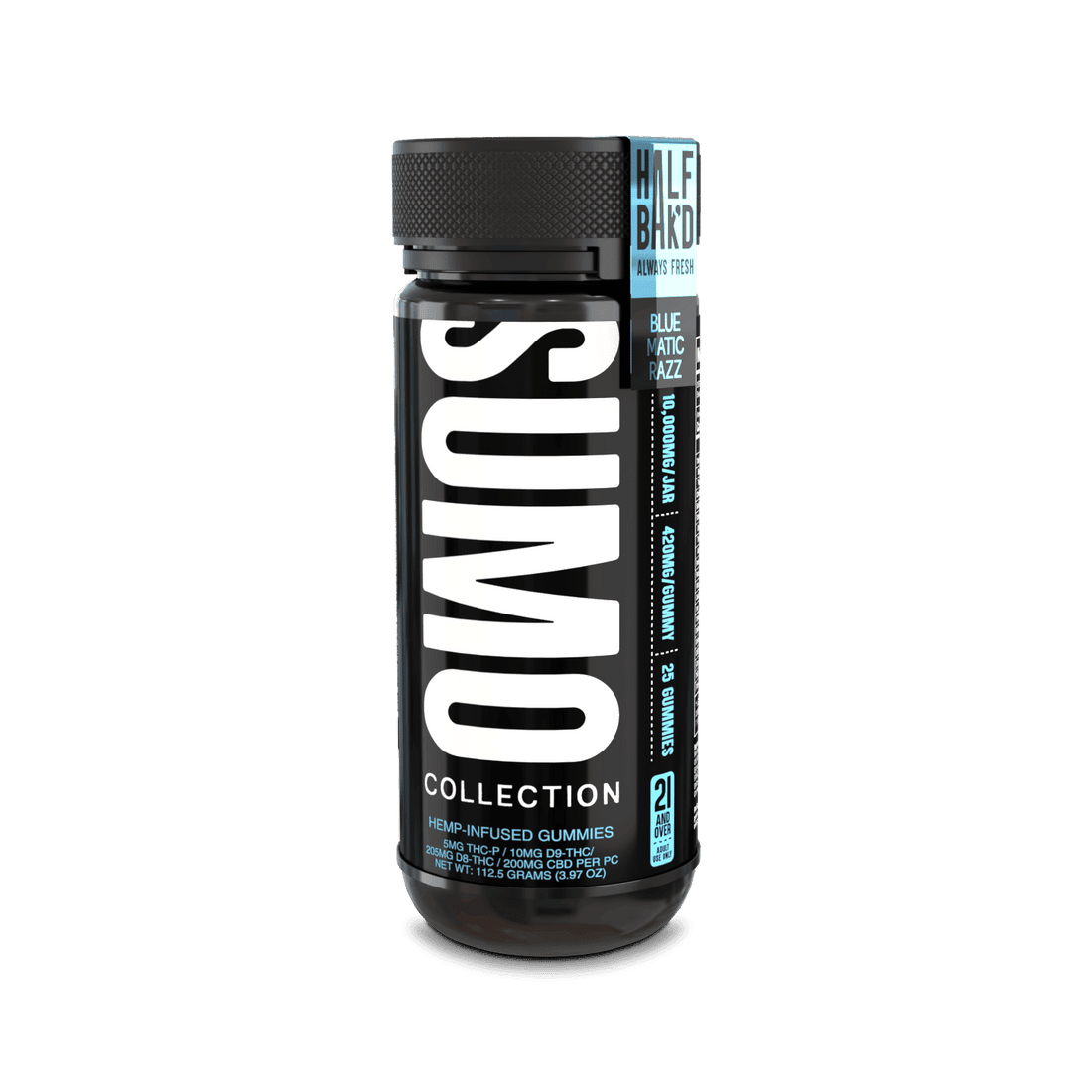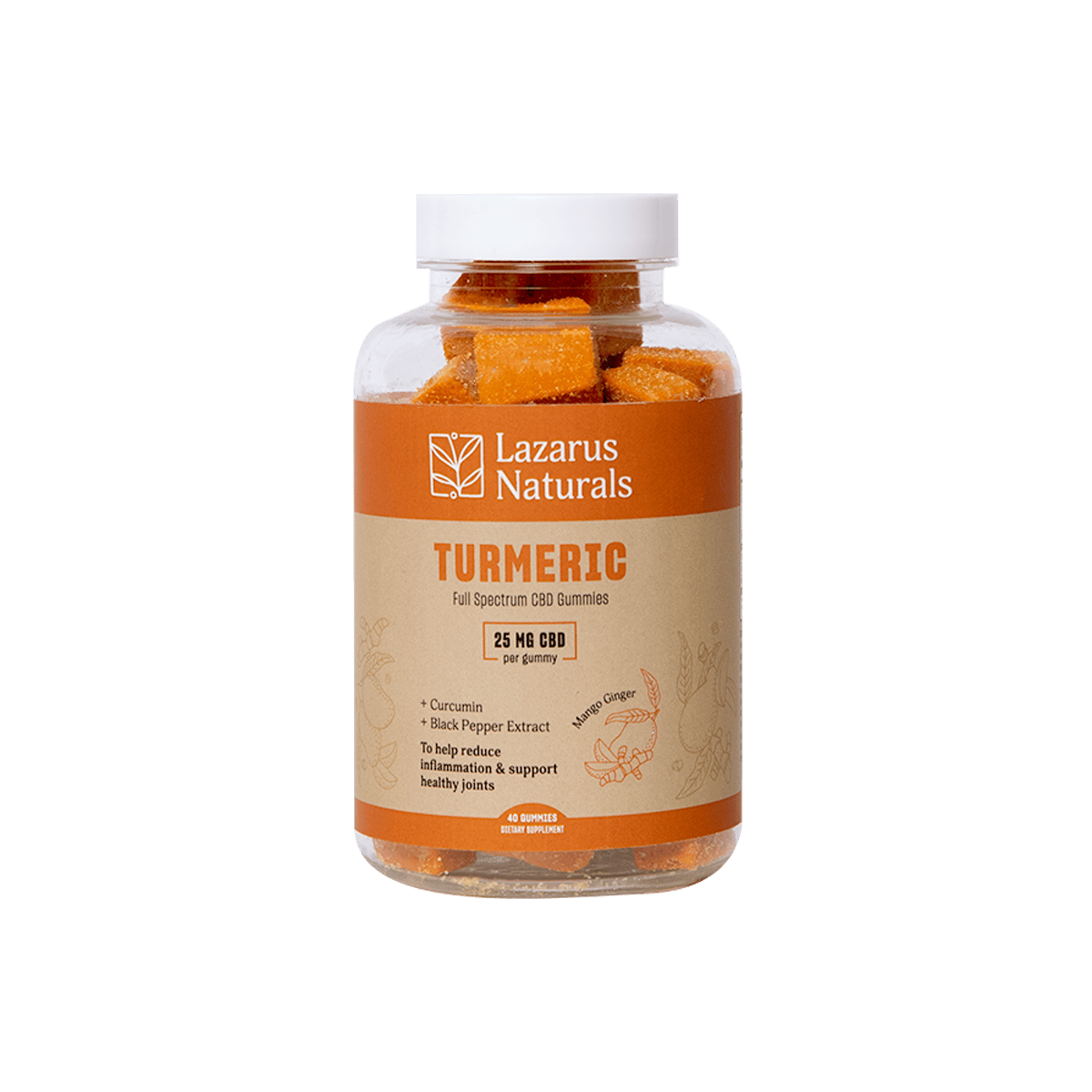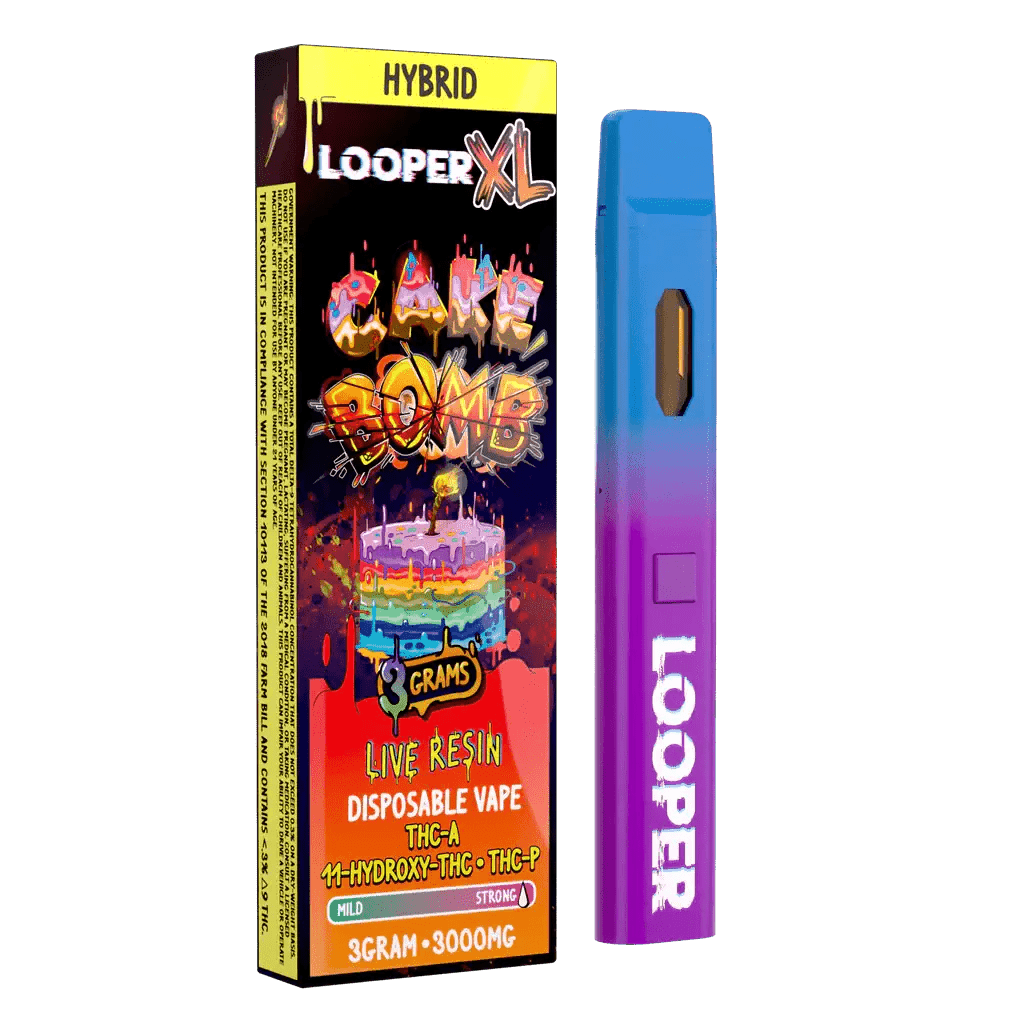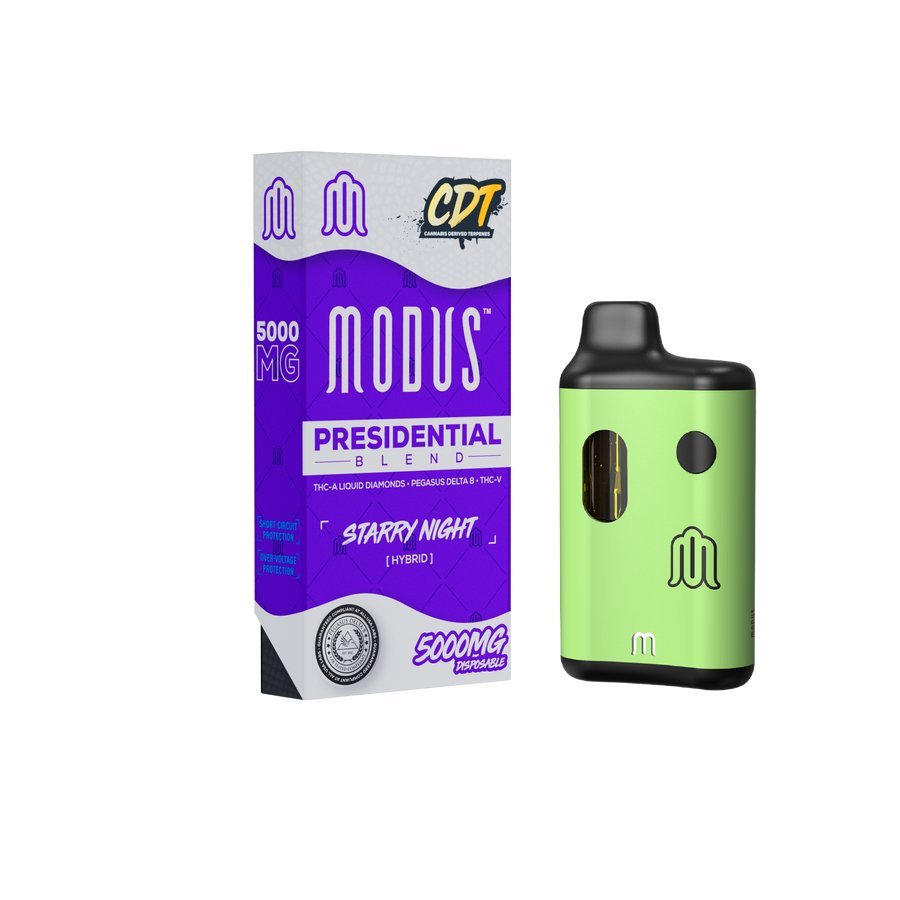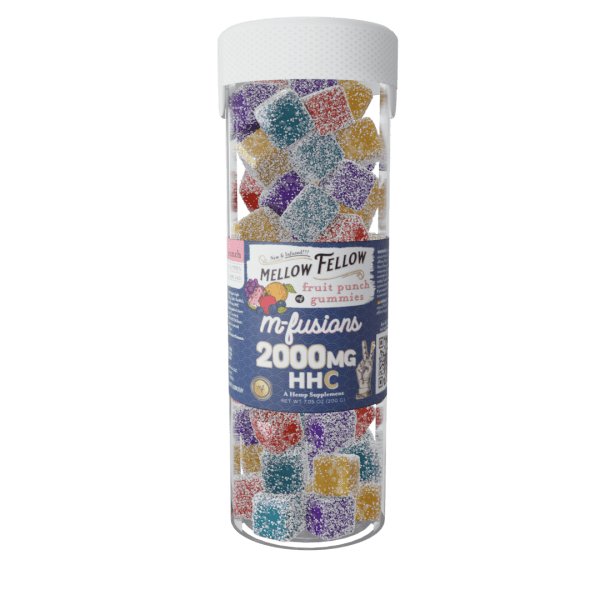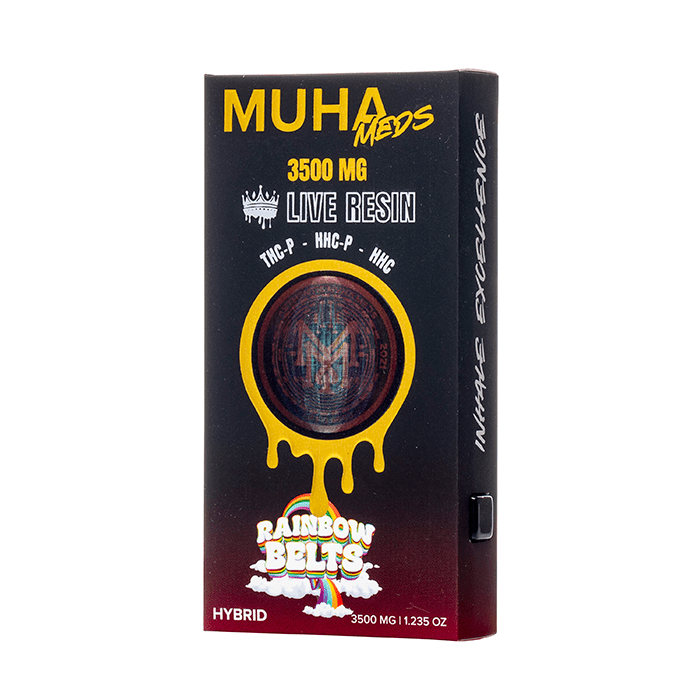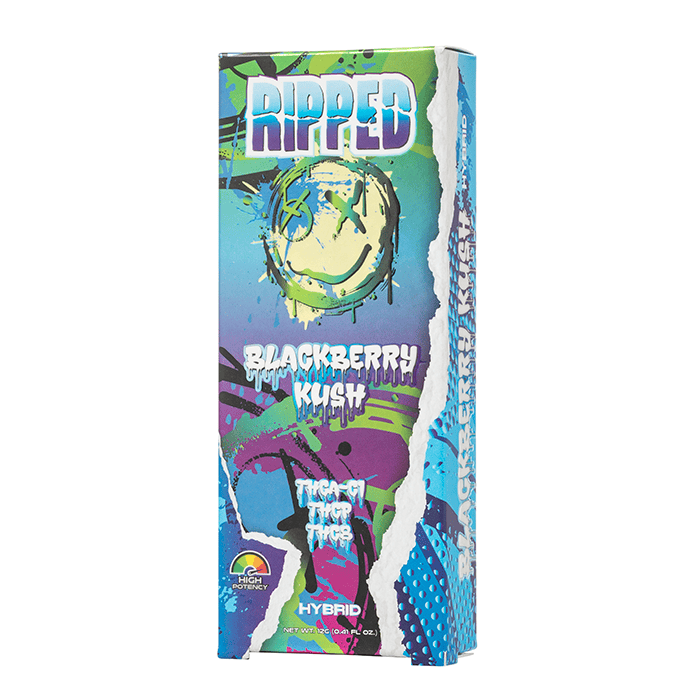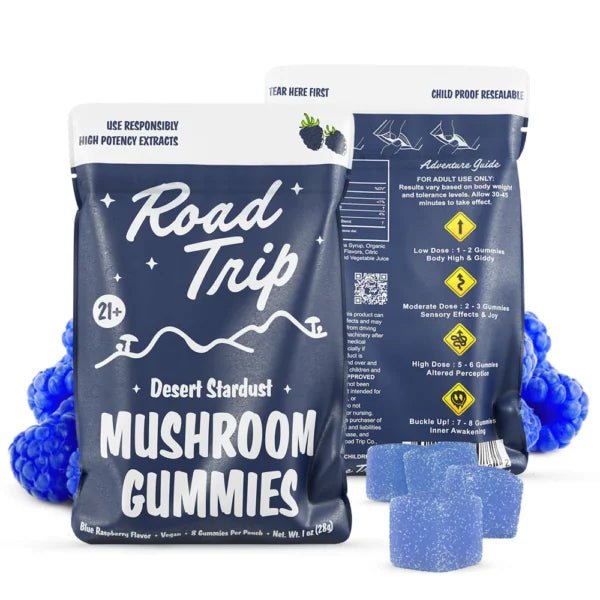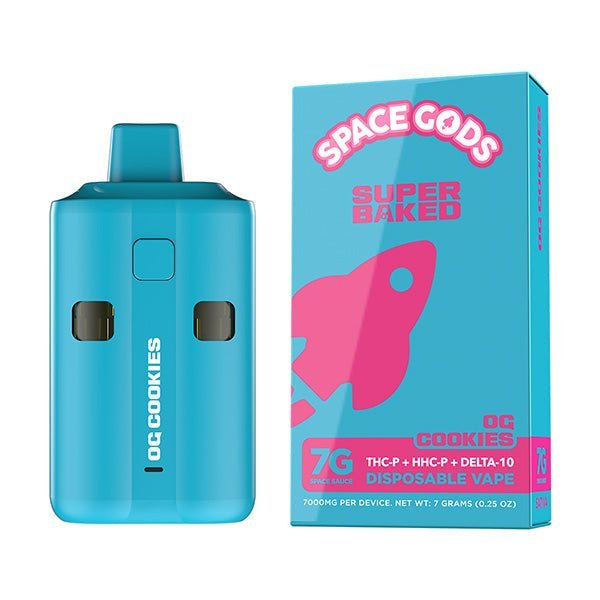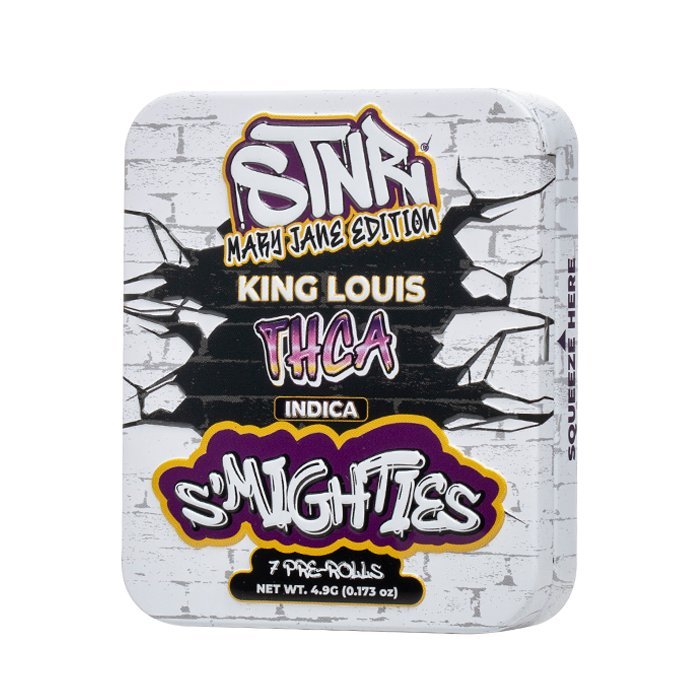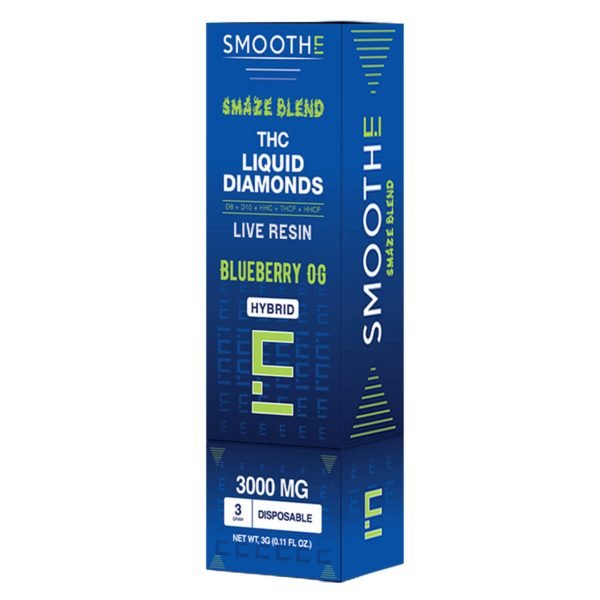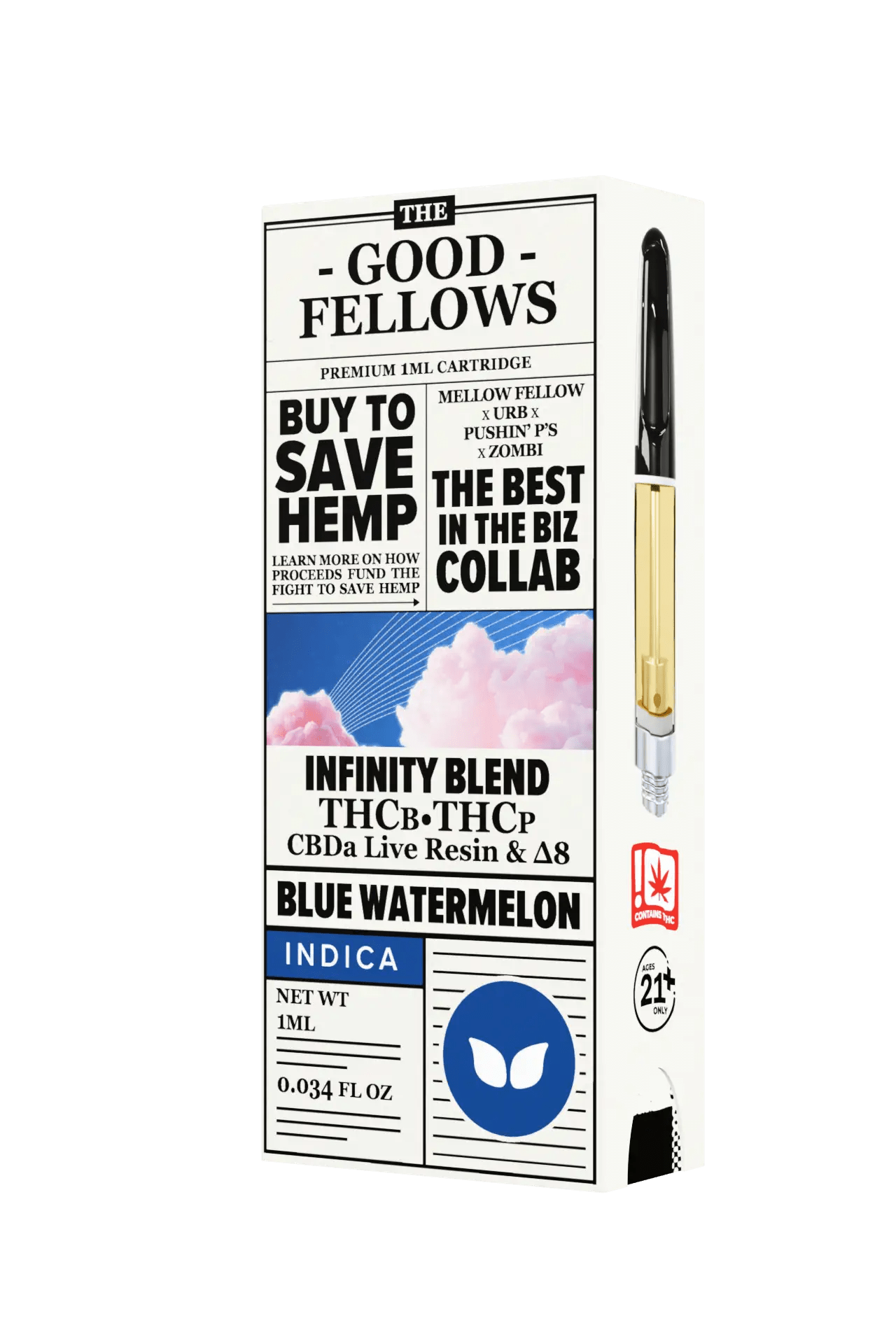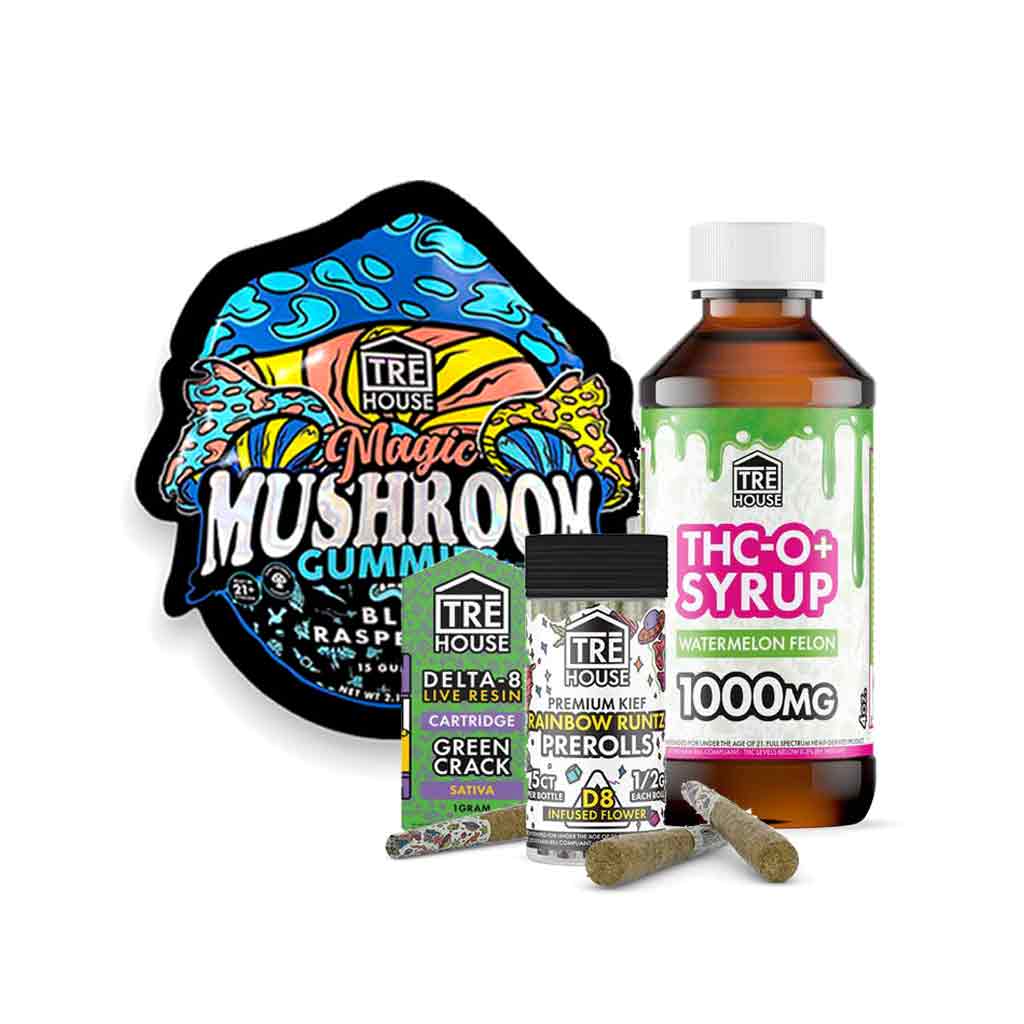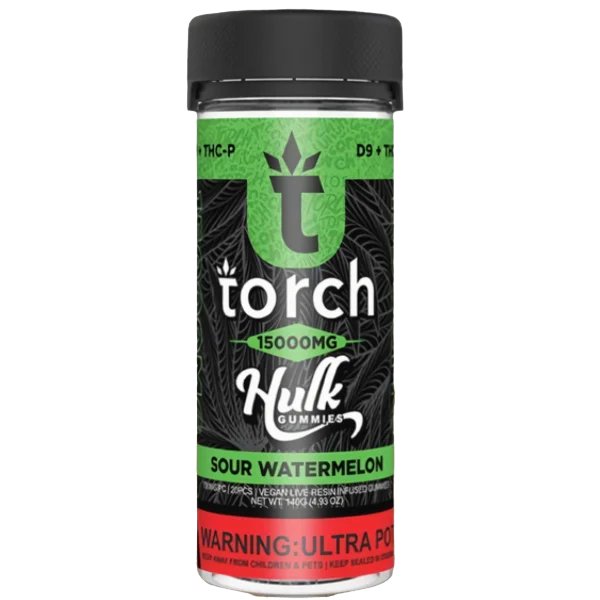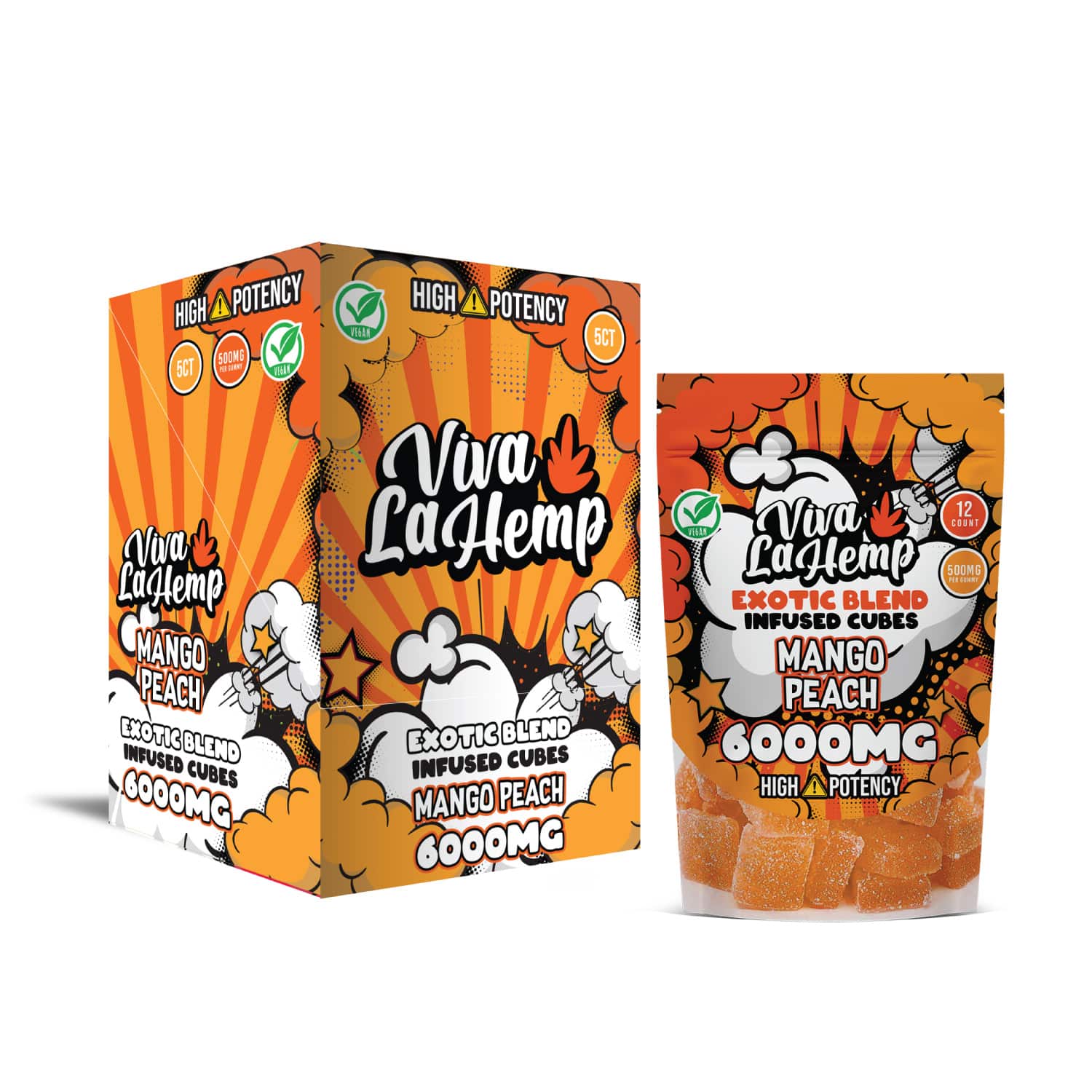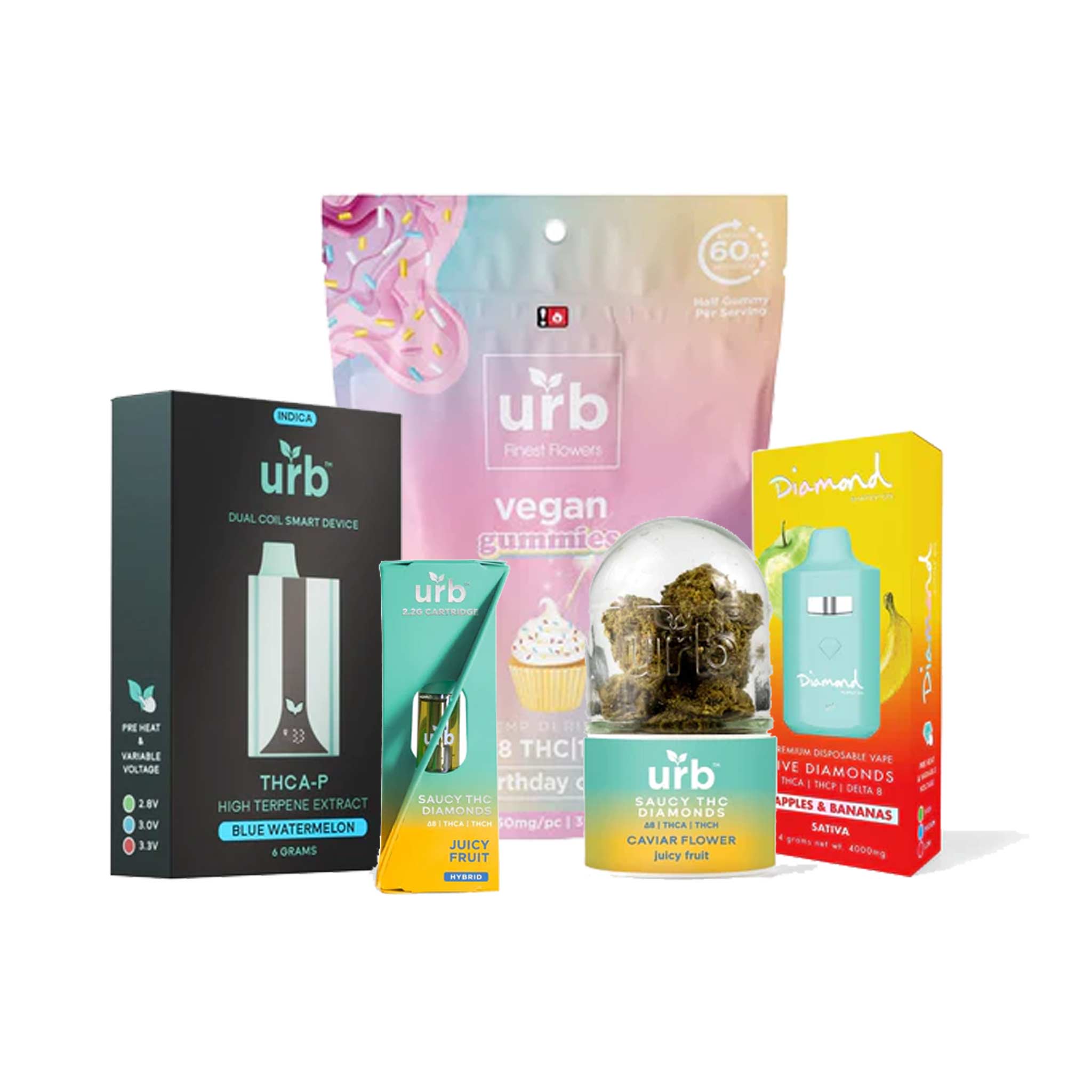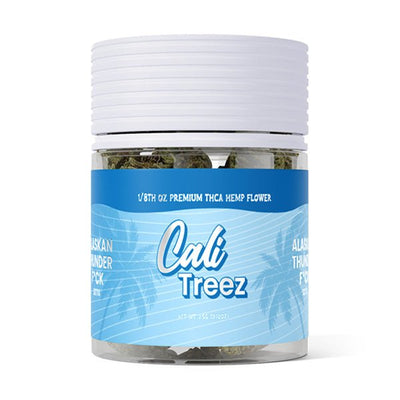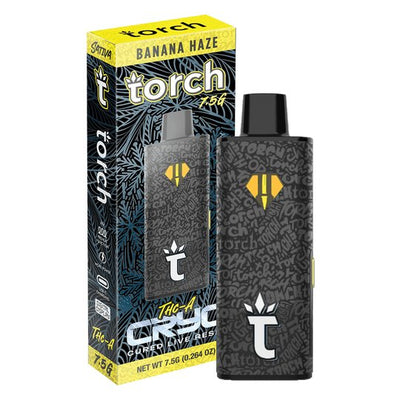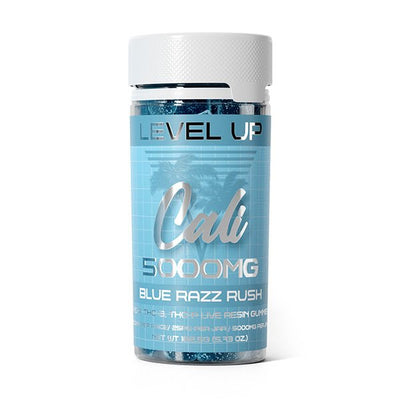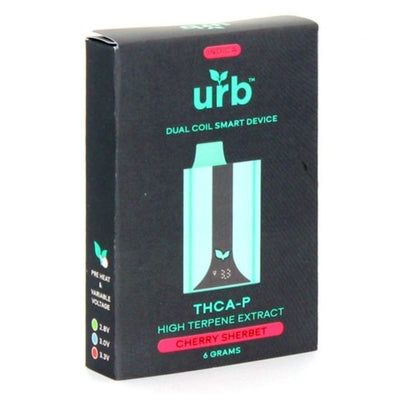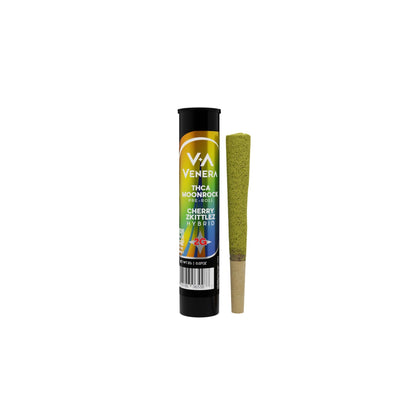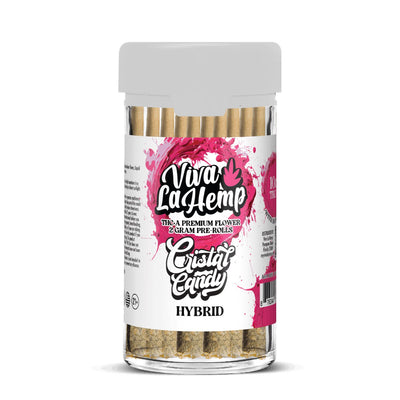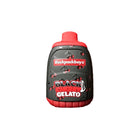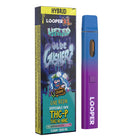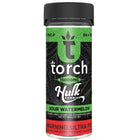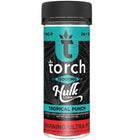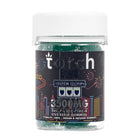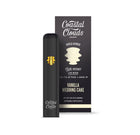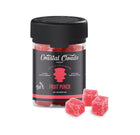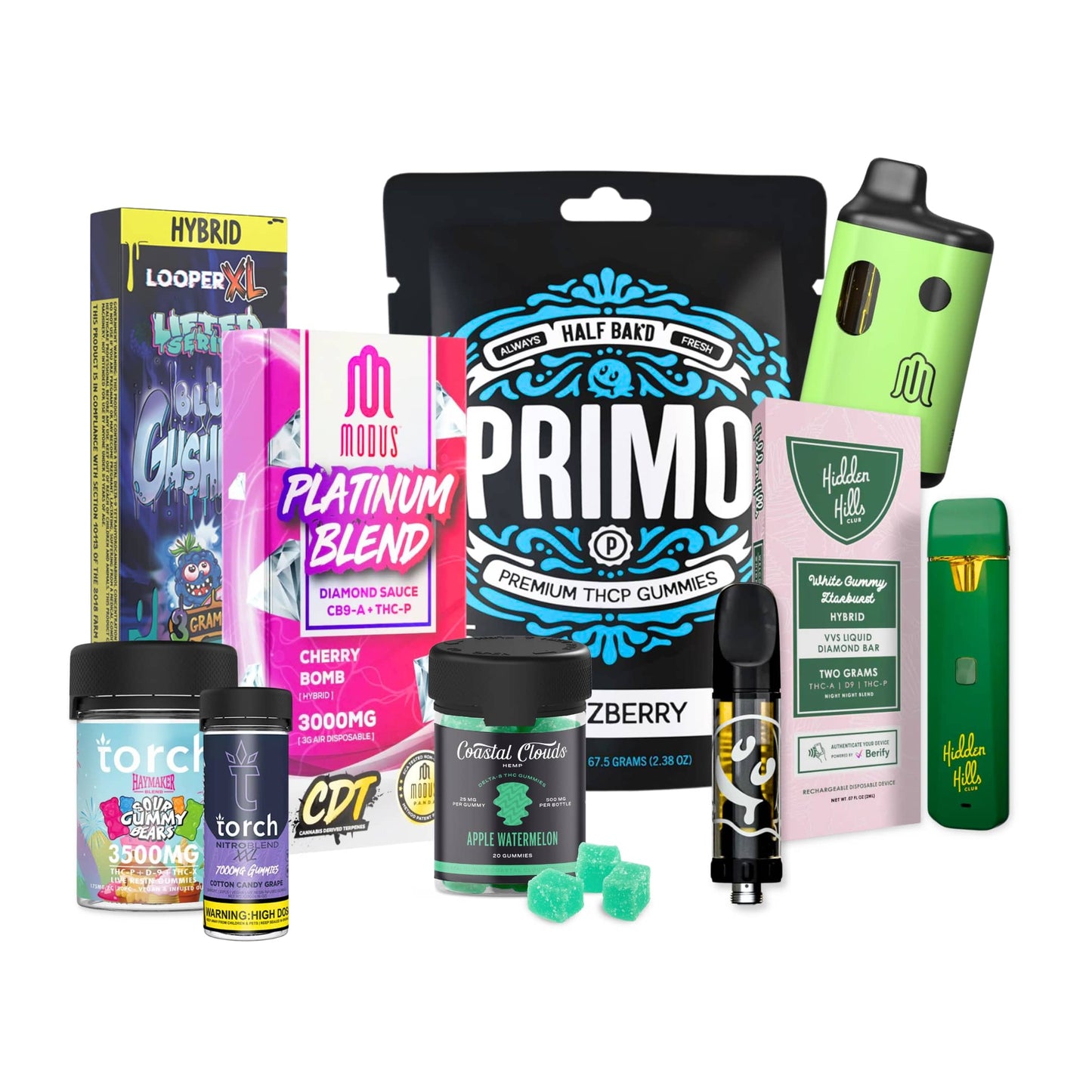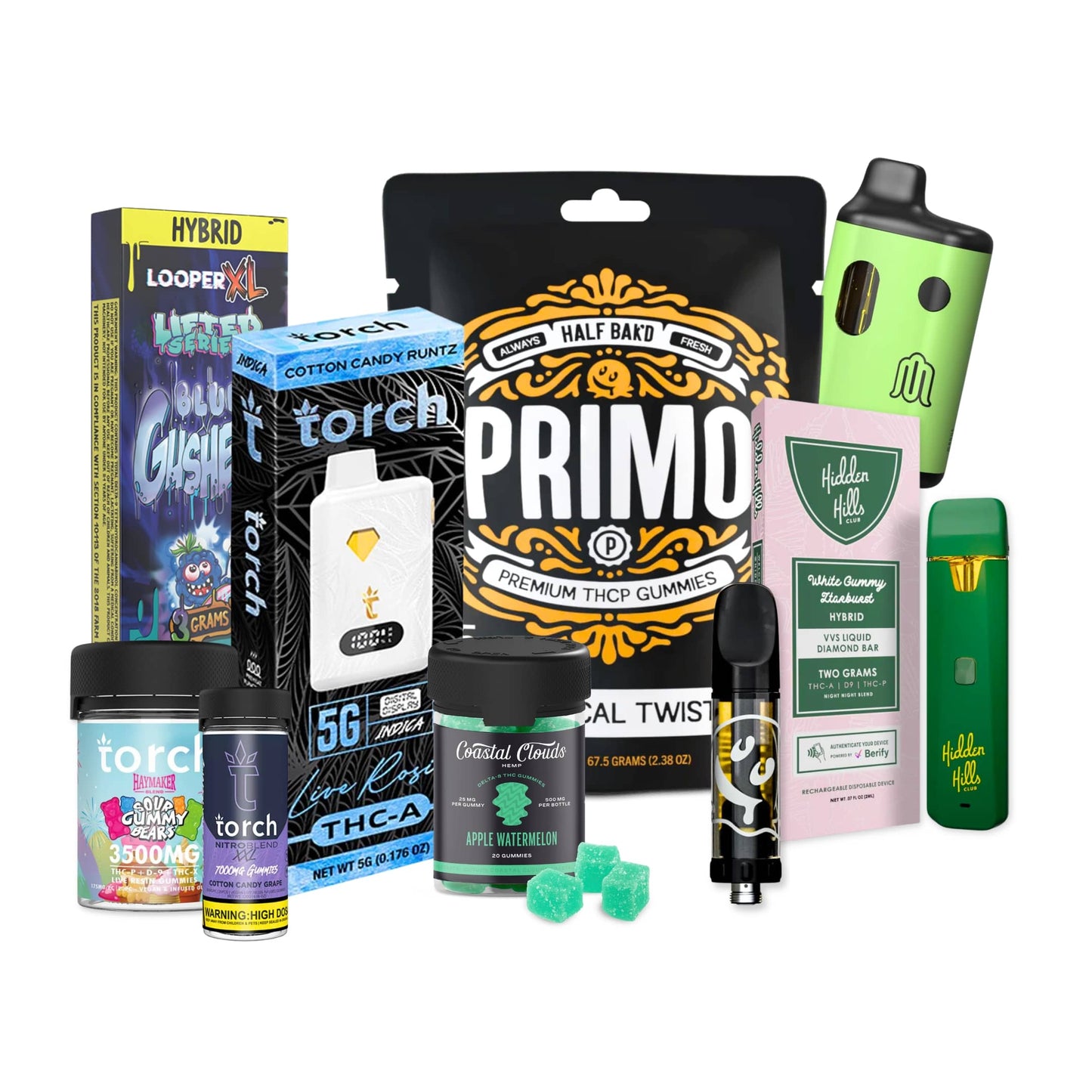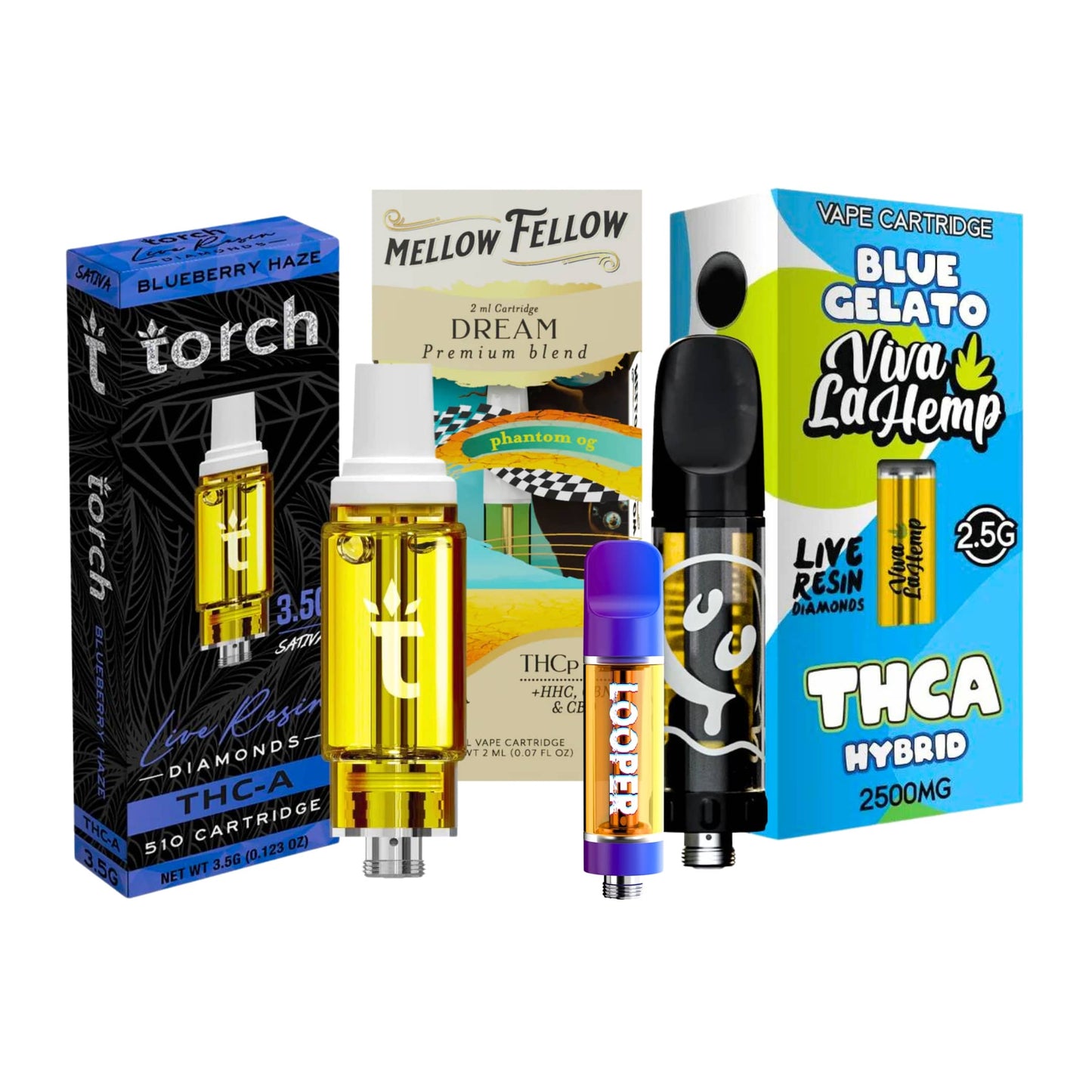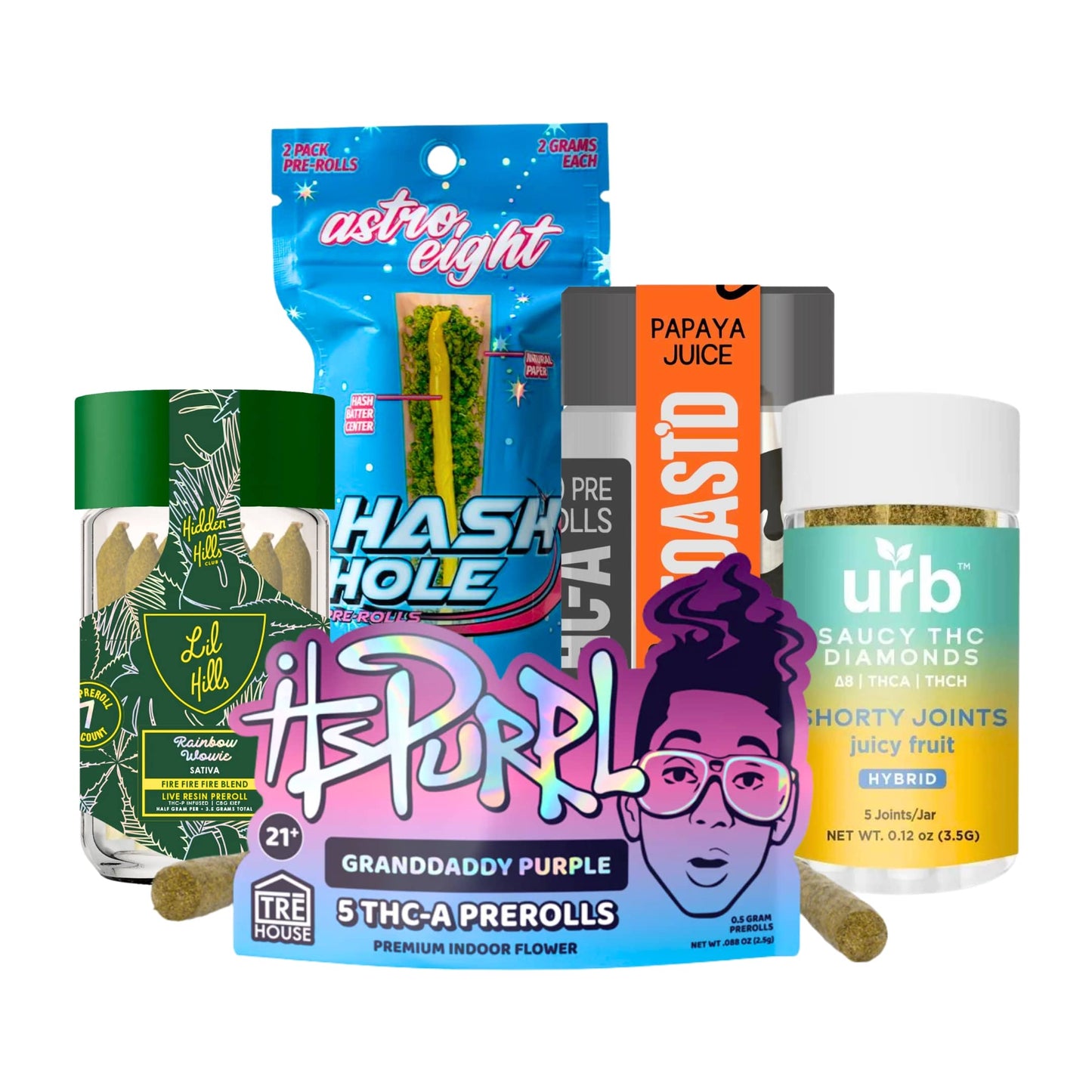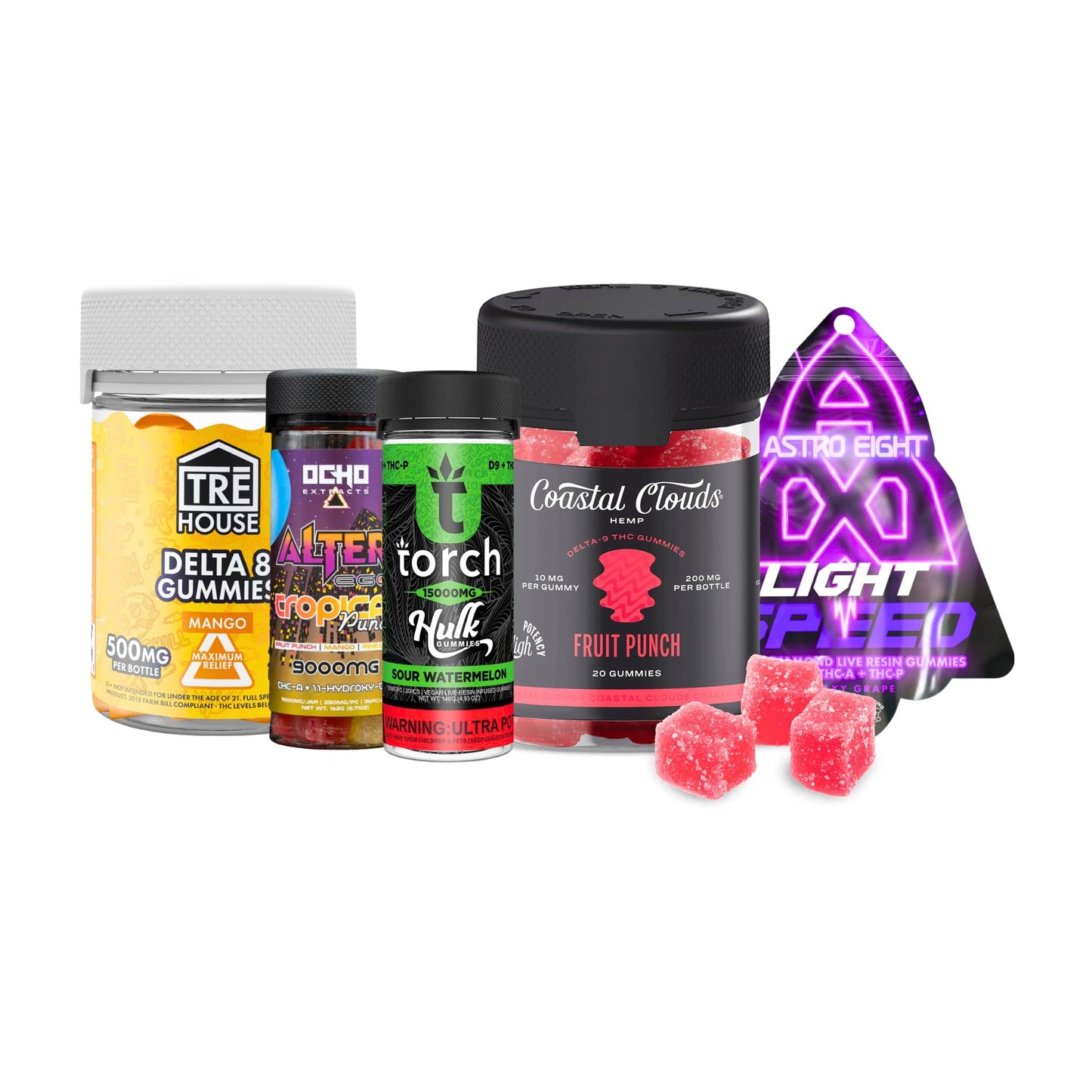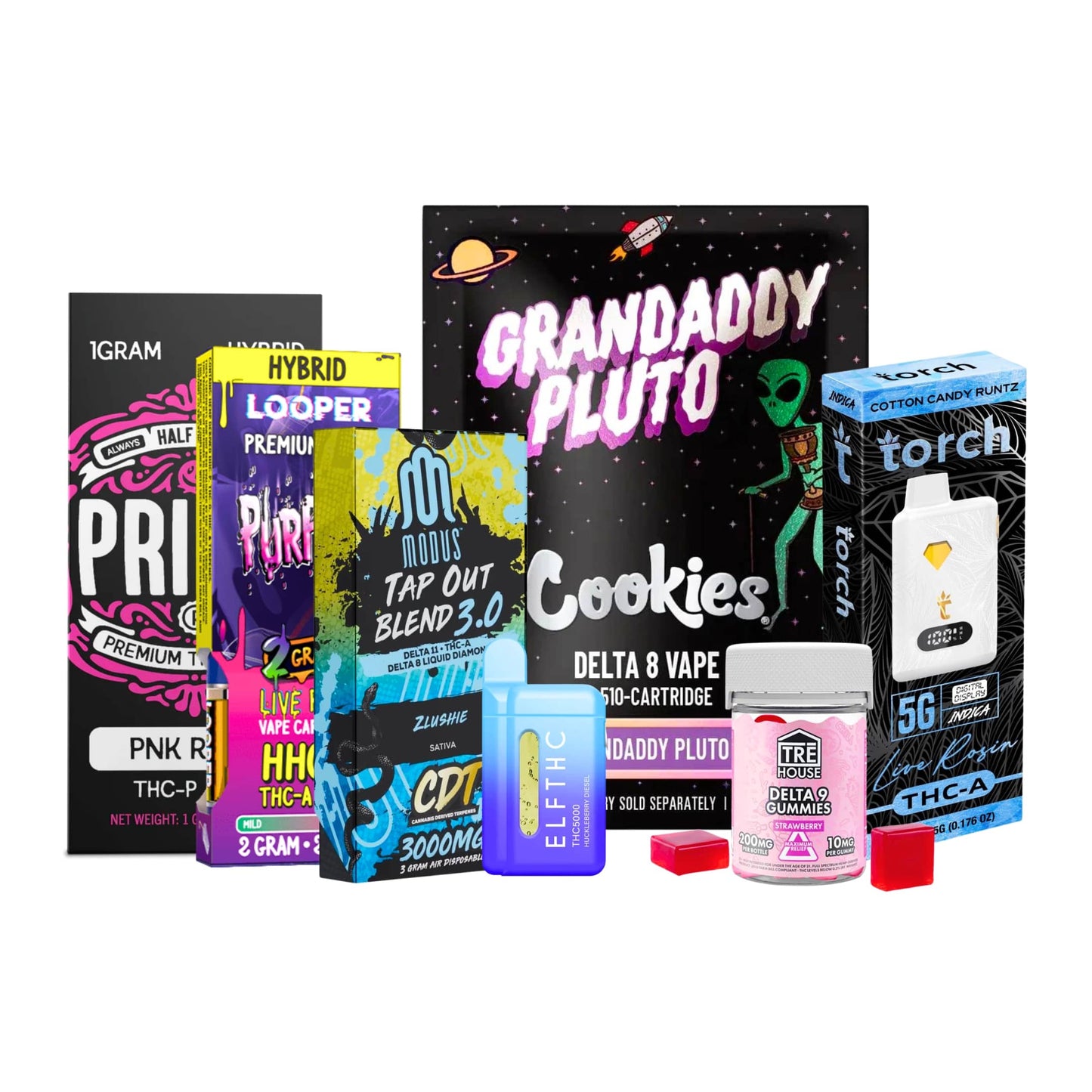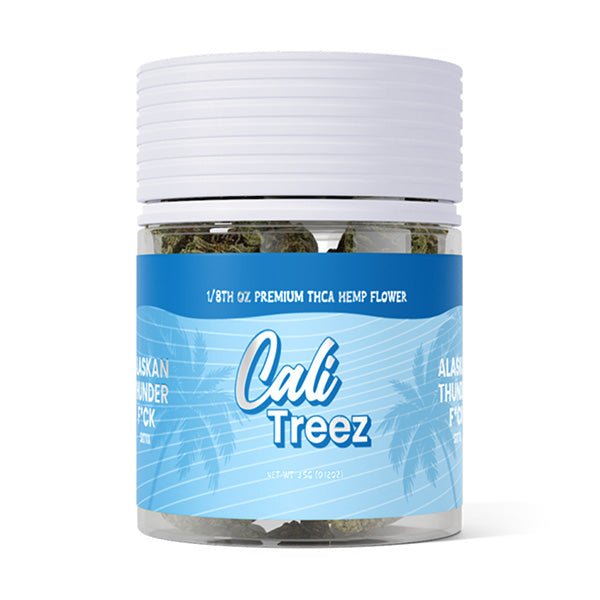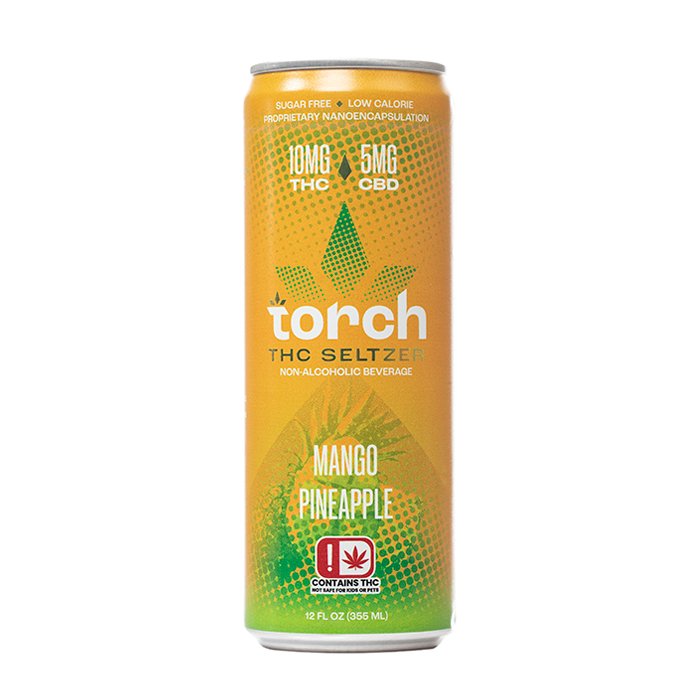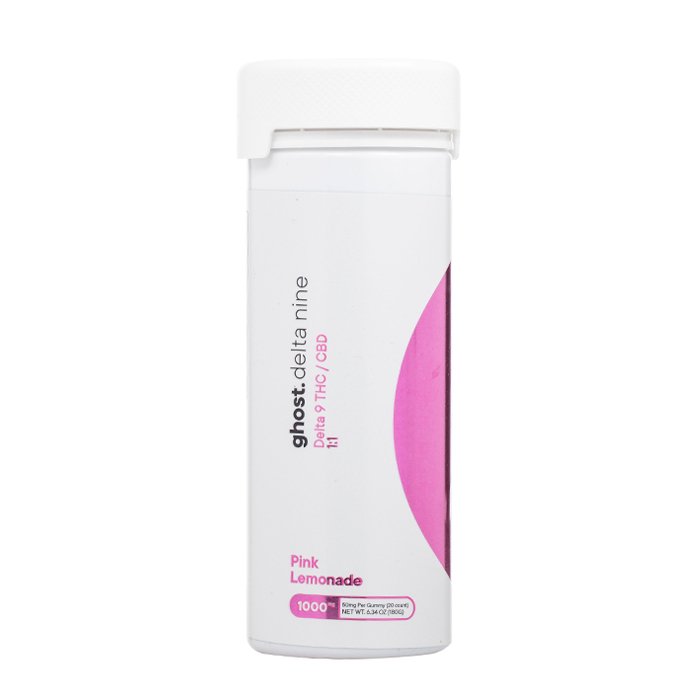Get a FREE Gummy or Vape
Sign up to get a FREE welcome vape or gummy on your first order when you buy 4 or more products.
THCA, or tetrahydrocannabinolic acid, is a cannabinoid found in raw, unheated cannabis. Unlike THC, it doesn’t produce a high unless it’s exposed to heat that converts it into THC a process called decarboxylation.
In this guide, we break down what THCA is, how it works in the body, where you’ll find it (from flower to concentrates), and the potential benefits, uses, and risks to consider before trying it.
Key Takeaways
-
THCA (tetrahydrocannabinolic acid) is a non-psychoactive cannabinoid found in raw cannabis, offering potential therapeutic effects without the intoxicating “high” associated with THC.
-
When exposed to heat, THCA converts into THC through a process called decarboxylation. Understanding this reaction is key for anyone looking to maintain non-psychoactive benefits.
-
Early research suggests THCA may provide anti-inflammatory, neuroprotective, and antiemetic effects, highlighting its promise as a natural compound for wellness and symptom relief.
Understanding THCA: The Basics
THCA (tetrahydrocannabinolic acid) is a non-psychoactive cannabinoid found primarily in the raw flowers and leaves of fresh cannabis plants. Unlike THC, which is well-known for its intoxicating effects, THCA does not produce a “high” because it remains in its acidic, inactive form until it’s heated.
In its natural state, THCA doesn’t bind to cannabinoid receptors in the brain, which means it won’t alter perception or cause intoxication. Instead, it acts as a precursor to THC, transforming through decarboxylation (a process triggered by heat or time).
What makes THCA especially intriguing is its emerging therapeutic potential. Early research indicates that THCA may support anti-inflammatory, neuroprotective, and antiemetic functions, offering wellness benefits without the mind-altering effects of THC.
===ARTICLE_CTA===
How THCA Converts to THC
One of the most critical aspects of THCA is its conversion to THC, a process known as decarboxylation. This transformation occurs when THCA loses a carboxylic acid group and releases CO2. Essentially, when you expose THCA to heat or light, it undergoes this chemical reaction, turning into the psychoactive compound THC.
When cannabis is smoked or vaporized, the heat quickly converts THCA to THC, significantly increasing its psychoactive effects. This is why raw cannabis, which contains THCA, doesn’t produce a high until it’s heated.
Understanding this conversion is critical, especially if you plan to consume THCA for its non-psychoactive benefits. Factors like light exposure and even the aging of cannabis can lead to partial decarboxylation, inadvertently converting some THCA to THC. Being mindful of these factors can help you maximize the therapeutic benefits of THCA while avoiding unintended psychoactive effects.
Health Benefits of THCA
Emerging research highlights several potential health benefits of THCA (tetrahydrocannabinolic acid), making it one of the most promising non-psychoactive cannabinoids for natural wellness.
1. Anti-Inflammatory Support
THCA shows strong anti-inflammatory potential, helping relieve symptoms of chronic conditions such as arthritis and inflammatory bowel disease (IBD). By modulating inflammatory pathways, THCA may offer a natural alternative to traditional anti-inflammatory drugs, promoting long-term joint and gut health without unwanted side effects.
2. Neuroprotective Effects
Studies indicate that THCA acts as a neuroprotective compound, supporting the brain’s defense against oxidative stress and inflammation.
3. Antiemetic Relief
THCA also demonstrates anti-nausea and anti-vomiting properties, particularly beneficial for chemotherapy patients and individuals with gastrointestinal issues. Unlike THC, THCA provides symptom relief without psychoactive effects, offering a gentler, more tolerable option for managing nausea.
Different Forms of THCA
THCA can be consumed in several forms, each offering unique advantages depending on your wellness goals and experience level. From raw cannabis to THCA patches and diamond crystals, each format provides distinct ways to enjoy the therapeutic benefits of THCA.
1. Raw Cannabis Buds
Raw cannabis buds are the most natural source of non-psychoactive THCA. When consumed without heating, the compound remains in its acidic form and doesn’t convert to THC.
Fresh cannabis can be juiced, blended into smoothies, or added to salads, allowing users to experience the anti-inflammatory and neuroprotective potential of THCA while avoiding intoxication.
This form is ideal for wellness seekers who prefer whole-plant, natural consumption methods.
2. THCA Patches
THCA transdermal patches deliver the compound directly into the bloodstream, bypassing digestion for faster and more consistent results. This method helps maintain THCA’s non-intoxicating properties while offering precise dosage control, a major advantage for users managing chronic pain, inflammation, or nausea.
THCA patches provide a discreet, measured, and effective option for incorporating cannabinoids into daily routines.
3. THCA Diamond Crystals
THCA diamonds, sometimes called THCA crystalline, are the purest and most potent form of this cannabinoid. Produced through advanced extraction and purification techniques, they contain up to 99% pure THCA.
When dabbed or vaporized, these crystals convert into THC, delivering strong psychoactive effects suited for experienced consumers seeking high potency and fast onset.
Due to their concentration, THCA diamonds are typically recommended for advanced users or medical applications that require higher cannabinoid strength.
-
===PRODUCT_9891314958628===
-
===PRODUCT_9512348975396===
-
===PRODUCT_9890566471972===
-
===PRODUCT_9522756747556===
-
===PRODUCT_9896102265124===
-
===PRODUCT_9917445964068===
Safe Ways to Consume THCA
When it comes to consuming THCA, safety is paramount. Freshly made cannabis extracts or raw cannabis are required to absorb THCA effectively. Using untreated cannabis leaves is crucial to minimize contamination risks. Always ensure you purchase THCA products from reputable dispensaries or licensed producers to guarantee quality and safety. One that we recommend is DeltaCloudz.com.
Starting with a low dose is advisable for those new to THCA or cannabis in general. People with low tolerance or who are inexperienced may be more likely to experience psychoactive effects, even from THCA. Consulting with a healthcare professional can also help tailor your intake to your specific needs and conditions.
For the best experience, explore different ways to enjoy THCA:
-
THCA Flower: Perfect for rolling or vaping, offering a raw and customizable cannabis experience.
-
THCA Prerolls: A convenient, ready-to-smoke option with expertly crafted joints.
-
THCA Vapes and Carts: Portable and discreet, delivering fast-acting effects with rich flavors.
-
THCA Gummies: A discreet and delicious option, providing long-lasting effects in a variety of flavors.
Find all these products and more at DeltaCloudz.com and start your THCA journey with confidence.
Potential Risks and Side Effects
While THCA offers numerous health benefits, it’s essential to be aware of the potential risks and side effects. THCA and its metabolites can be detectable in urine and hair follicle tests, which may be a concern for some users. The duration THCA stays in your system can vary based on factors such as consumption method, dosage, and frequency of use.
Additionally, possible side effects of consuming THCA include nausea, upset stomach, itching, rashes, dizziness, and changes in appetite. It’s crucial to consult a healthcare professional before adding THCA to your diet, especially if you have underlying medical conditions or are taking other medications.
Conversion to THC
THCA can convert to THC when subjected to heat through processes like cooking or vaping. This conversion leads to the psychoactive effects associated with THC, which can be unintended for users expecting to consume only THCA. Therefore, it’s essential to be aware of this risk, especially when using THCA products that could be exposed to heat or light.
Understanding this conversion is crucial for anyone looking to benefit from THCA’s non-psychoactive properties. By taking appropriate precautions, such as avoiding high temperatures, you can ensure that you consume THCA without inadvertently converting it to THC.
Contamination Concerns
Ensuring product purity is vital in minimizing the health risks associated with THCA, particularly in an unregulated industry. Contaminants like pesticides, heavy metals, and microbial pathogens can pose significant health risks. Purchasing THCA products from reputable and licensed producers can help mitigate these concerns, ensuring that you receive high-quality and safe products.
Individual Sensitivity
Sensitivity to THCA varies widely among individuals. New users or those with low tolerance may be more susceptible to experiencing psychoactive effects, even from THCA, which can produce psychoactive effects.
It’s advisable to start with a low dose and gradually increase to find the optimal amount that delivers the desired benefits without adverse effects.
Legal Status of THCA
The legal status of THCA is somewhat ambiguous. While THCA itself is not explicitly listed as a controlled substance, its association with THC creates a legal gray area. The 2018 Farm Bill allows cannabis derivatives with less than 0.3% THC to be federally legal. However, the potential for THCA to convert into THC complicates its legal standing, making THCA legal a complex issue.
State laws regarding THCA vary significantly. Some states permit THCA for medical or recreational use, while others do not. It’s essential to understand the specific regulations in your state to ensure compliance.
The non-psychoactive nature of THCA often results in less strict regulation compared to Delta 9 THC, but it’s always best to stay informed about the latest legal developments.
Frequently Asked Questions
What is THCA?
THCA, or tetrahydrocannabinolic acid, is a non-psychoactive compound in raw cannabis that doesn't get you high but offers potential health benefits. It’s fascinating how this component can be beneficial without the typical effects associated with cannabis!
How does THCA convert to THC?
THCA turns into THC when it undergoes decarboxylation, a process activated by heat and light. So, whether you're cooking or just letting it sit in the sun, that transformation is happening!
What are the health benefits of THCA?
THCA provides impressive health benefits, such as reducing inflammation, protecting nerve cells, and alleviating nausea. So, if you're exploring natural remedies, THCA might be worth considering!
How can I safely consume THCA?
You can safely consume THCA by using raw food supplements, capsules, tinctures, or applying it topically. These methods help you enjoy its benefits without the psychoactive effects of THC.
What are the potential risks of consuming THCA?
Consuming THCA could pose risks like conversion to THC, contamination issues, and varying sensitivity in individuals. It's essential to be mindful of these factors for a safer experience.



